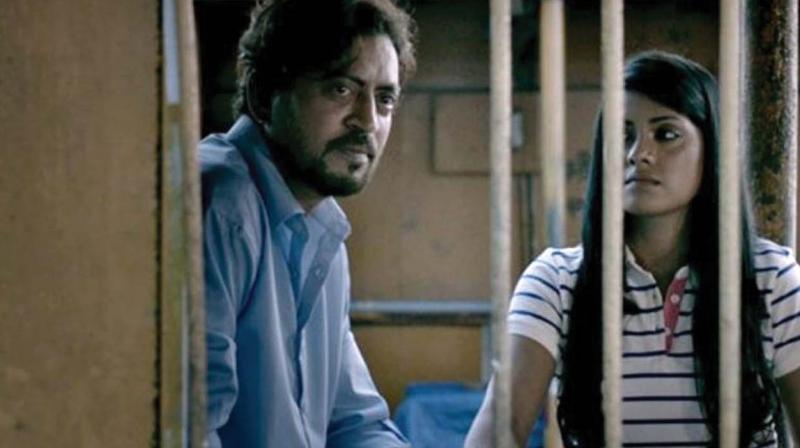Doob movie review: A modern take on old tale of complex bonds
Farooki but has given the tale a subtle twist, opening up readings not possible in the earlier tellings.;

THIRUVANANTHAPURAM; Mostofa Sarwar Farooki's Bengali film Doob: No Bed of Roses is Shakespearean in the sense that it picks up an old tale and gives it a fresh perspective. The tale of an iconic filmmaker, his submissive wife, and the other woman was earlier told by two of India’s finest middle-roaders, first as Arth by Mahesh Bhatt in 1982 and then as Marupadiyum by Balu Mahendra in 1993. Both are now considered classics. Farooki but has given the tale a subtle twist, opening up readings not possible in the earlier tellings. If in Bhatt’s and Mahendra’s films the director and his wife are childless, Farooki’s couple has two children.
More than the drifting couple or the irrational demands made by the other woman, it is the filmmaker Javed Hasan’s deep connect with his adult daughter Shaberi that anchors Farooki’s film. If in the Indian versions the man comes across as insensitive if not villainous, in ‘Doob’, especially because of the father-daughter dynamic, Hasan is plain tragic. However, what makes Doob unique and gives it a subversive streak, is the profile of the other woman. She, like in the Hindi and Tamil versions, is a young actress with a wild streak. But there is one additional attribute to this female that redefines the original. She is the classmate and best buddy of the Javed Hasan's daughter. A reverse Electra complex at seems to be at work here.
Still, the Bengali film has a conservative soul. It is not disruptive, it wants the family intact. The earlier Indian versions but are revolutionary. In these, the wife rejects her husband when he makes an attempt to return to her. It is a feminist moment. But Farooki uses death to stage a reconciliation, a family reunion of sorts. “Death restores the old love and respect,” the dead man says. Feminists will fume. Unlike in the Indian versions, it is impossible to swear at the straying man. Hasan's decision to leave his wife and kids somehow does not look intentional. The way Irrfan Khan plays him, it looks like he is in need of urgent help, as though he has had a sudden attack of some virulent disease.
Even when he is with the other woman, the man’s eyes seem to pine for his daughter who has sworn never to call him ‘papa’. In happy times, he tells his daughter about the death of his father. “Death happens when there is nothing to live for," he says. "So I visited my father daily and kept talking to him. But I never completed what I set out to say. I’ll tell him I will finish it the next day. This way he had something to look forward to, to live for. But soon I became busy with my career and stopped visiting him. He had nothing to look forward to. He died soon enough.” Long after he had orphaned his family, Javed Hasan calls his daughter on her phone. He wants her to speak something, anything. It is difficult not to, but she refuses. At this point, the father's death becomes inevitable.

